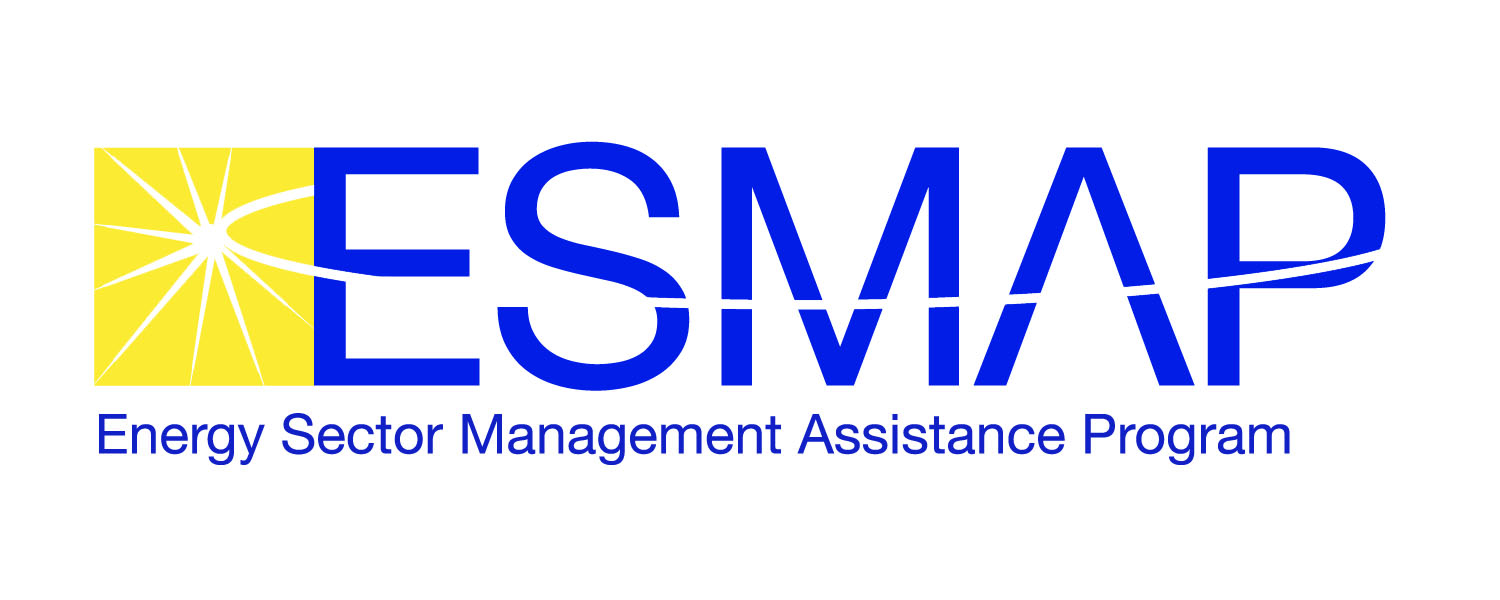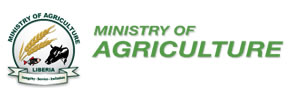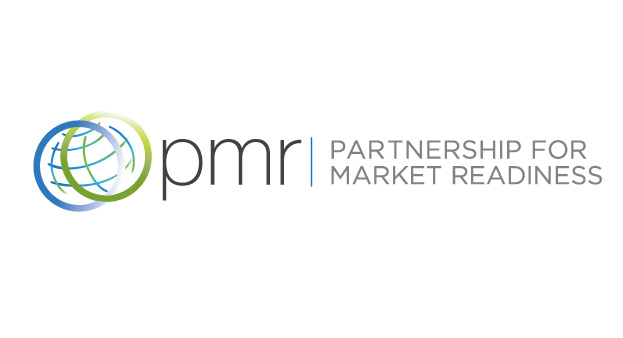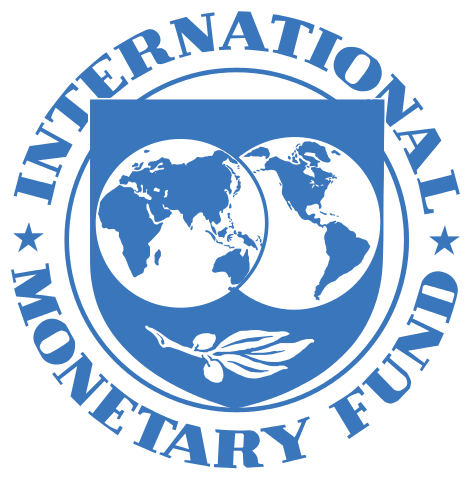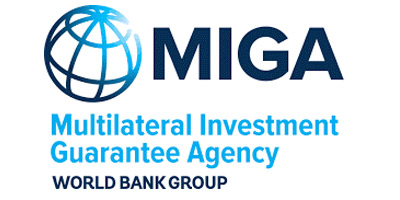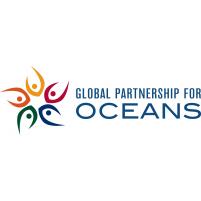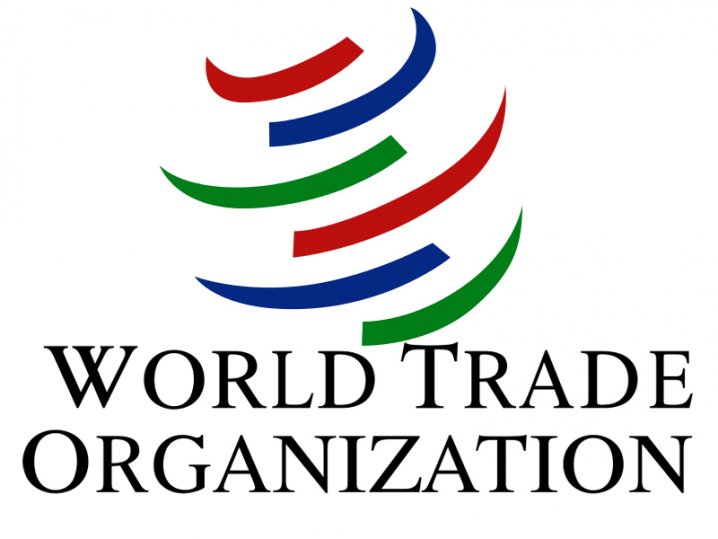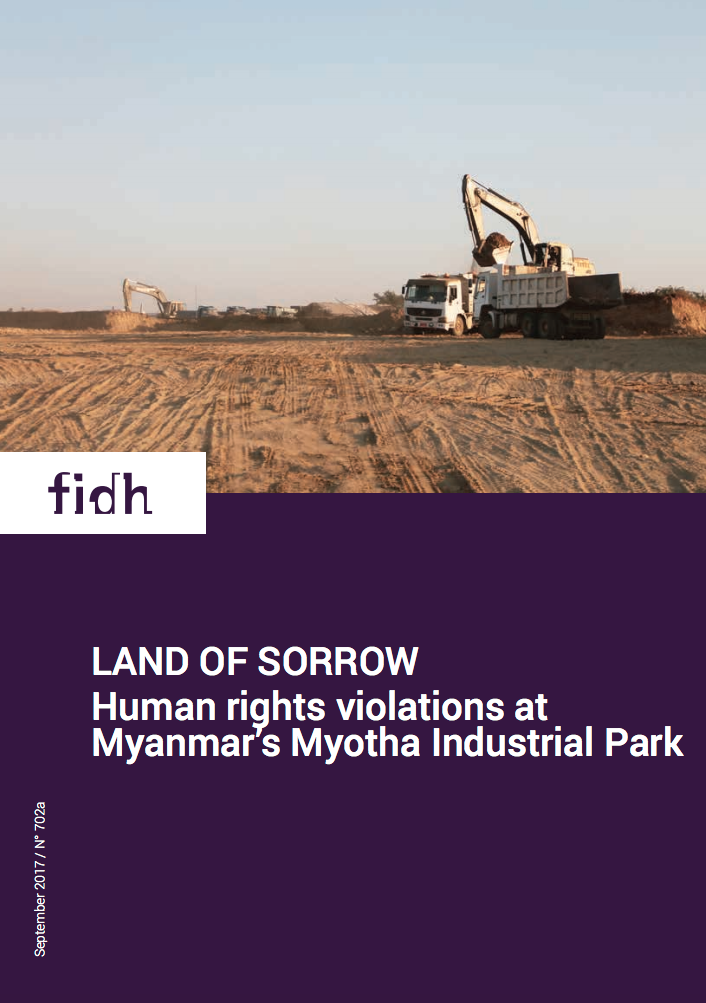Details
Location
Contributions
Displaying 441 - 450 of 2403Energy Sector Management Assistance Program
ESMAP is a partnership between the World Bank Group and 17 partners to help low and middle-income countries reduce poverty and boost growth, through environmentally sustainable energy solutions. Situated within the World Bank, ESMAP influences billions in loans for development projects, leverages public and private financing, and shapes global policy.
Facts about ESMAP
Ministry of Agriculture (Liberia)
Mandate & Mission
The mandate to develop the agriculture sector calls for putting in place an effective organizational structure and manned by staff capable of planning, coordinating, implementing, monitoring and evaluating agricultural development programs. It also ensures that its staff and the farmers are trained to cope with the challenges of developing the agriculture sector.
Public-Private Infrastructure Advisory Facility
The Public – Private Infrastructure Advisory Facility (PPIAF) is a multi-donor technical assistance facility that is financed by 11 multilateral and bilateral donors. Established in 1999 as a joint initiative of the governments of Japan and the United Kingdom, working closely with and housed inside the World Bank Group, PPIAF is a catalyst for increasing private sector participation in emerging markets. Our mission is to help eliminate poverty and increase shared prosperity in developing countries by facilitating private sector involvement in infrastructure.
Partnership for Market Readiness
The PMR is a forum for collective innovation and action and a fund to support capacity building to scale up climate change mitigation
- The PMR provides support to prepare and implement climate change mitigation policies—including carbon pricing instruments—in order to scale up GHG mitigation.
- Serving as a platform to share lessons, countries work together to shape the future of cost-effective GHG mitigation.
International Monetary Fund
The International Monetary Fund (IMF) is an organization of 189 countries, working to foster global monetary cooperation, secure financial stability, facilitate international trade, promote high employment and sustainable economic growth, and reduce poverty around the world.
Created in 1945, the IMF is governed by and accountable to the 189 countries that make up its near-global membership.
Multilateral Investment Guarantee Agency
MIGA is a member of the World Bank Group. Our mission is to promote foreign direct investment (FDI) intodeveloping countries to help support economic growth, reduce poverty, and improve people's lives...
Our strategy
At the center of MIGA’s new FY18-20 strategy are three elements:
Global Partnership for Oceans
History of the GPO
The Global Partnership for Oceans was launched in 2012 as a new approach to restoring ocean health. It sought to mobilize finance and knowledge to activate proven solutions for the benefit of communities, countries and global well-being.
The GPO had over 150 partners representing governments, international organizations, civil society groups, and private sector interests committed to addressing the threats to the health, productivity and resilience of the ocean.
World Trade Organization
There are a number of ways of looking at the World Trade Organization. It is an organization for trade opening. It is a forum for governments to negotiate trade agreements. It is a place for them to settle trade disputes. It operates a system of trade rules. Essentially, the WTO is a place where member governments try to sort out the trade problems they face with each other.
BioMed Central
For over 15 years, we have been making scientific research freely accessible and discoverable through partnerships, innovation and collaboration with the scientific community. Dedicated to open research, we now publish over 290 quality peer-reviewed journals in Biology, Clinical Medicine and Health.
Land of Sorrow: Human rights violations at Myanmar’s Myotha Industrial Park
(Paris, Yangon) Myanmar may soon face a land conflict epidemic as a result of the growing influx of investments and the consequent demand for land, unless laws and policies that adequately address land rights issues are urgently adopted and implemented, FIDH warned in a new report published today.


